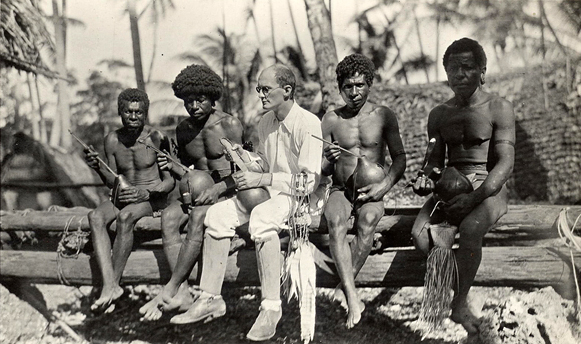As I’ve mentioned in a previous post about my favourite GIS tool QGIS, geospatial software tends to be used in a rather narrow subset of academic research, i.e. mostly environmental scientists and geologists. The reasons for interest there are somewhat obvious, I think, but this is not as much the case for the humanities and social sciences. I was recently having a conversation with a colleague who asked me why maps might be part of my research toolkit and this got me to thinking. There are some good reasons for researchers to be suspicious of cartography – particularly inasmuch as the “gaze” from above can tend to lend a sense of “mastery” and unwarranted epistemological confidence. James C. Scott conveys this powerfully in his book Seeing Like a State.
However, with a bit of humility in hand, geospatial data can be a terrific tool for learning and teaching. Continue reading


